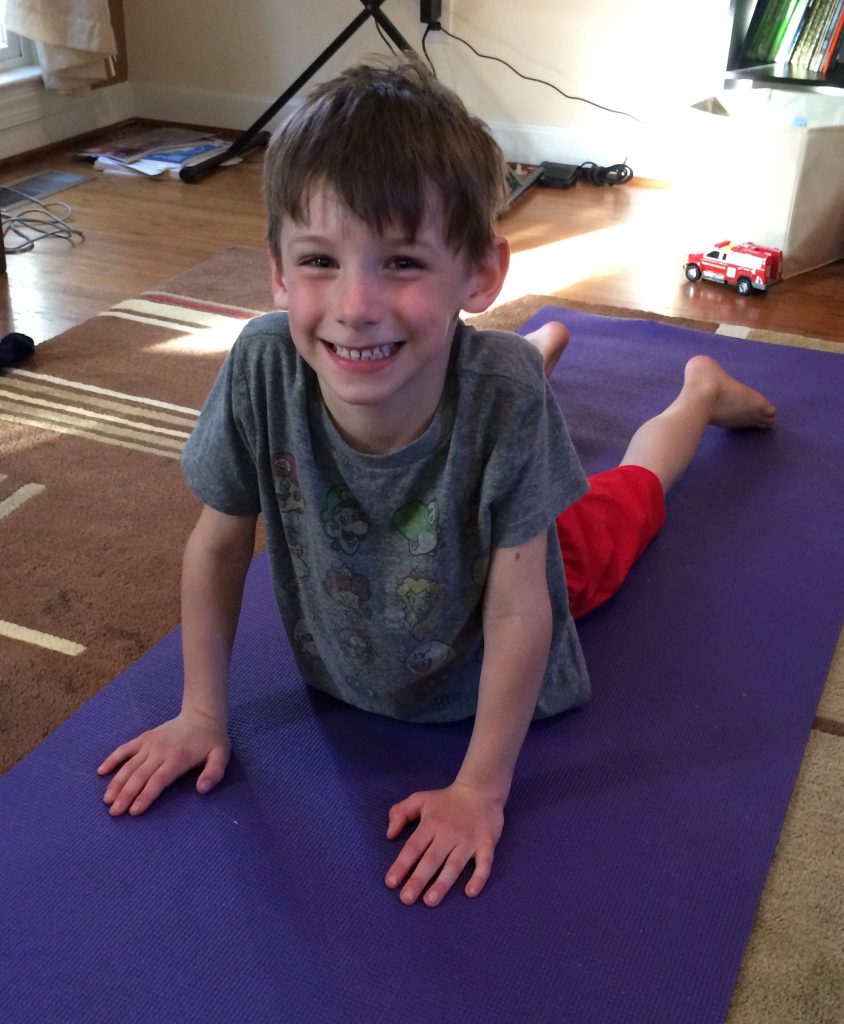Meditation time is helping many schools avoid discipline problems. A short period at the beginning of the day helps students focus on learning. Therefore, schools that practice meditation see the elimination of detention time.

Meditation gives students time to reflect on their emotions and on personal responses to various situations. Therefore, it aides in the creation of a positive attitude toward learning.
Reflection and mindful skills help students improve their memory. In addition, organizational skills improve as do test scores in both reading and math. It gives students the tools they need to handle toxic stress.
Meditation is about noticing. Students notice their breathing. Also, they notice emotions. Hence, some forms of meditation builds the skill of metacognition. Studies show it makes students aware of their unconscious thoughts.
Scientific Benefits
• First, it’s a stress reducer. Many forms of meditation lessens stress for students and adults.
• It is an anxiety reducer. Once stress is reduced, anxiety is lessened.
• Also, it benefits emotional health. Forms of meditation leads to a better self-image. All in all, it creates a positive outlook on classroom learning. Therefore, students begin to understand themselves.
• Lastly, students become more focused. As a meditation form concentrates on focus, students’ increase their attention endurance.
These are only a few ways that meditation helps teachers and students. Incorporating it into the classroom is easy.
Classroom Incorporation
Contemplation supports classroom to classroom transition. Through reflection students learn compassion and respect.
• Teachers and parents must be familiar with the practice first.
• To begin, set time before the start of class. And, be consistent.
• Start with a focus for meditating.
• Discuss with students and or a child the benefits of the activity.
• Decide on the style.
• Lastly, evaluate the results.
Students and children face many pressures in their life. They need tools to help them meet social and academic success. They need tools to manage stress, anxiety and to focus on learning. Refection, mindfulness and meditation are skills that help students meet the challenges of everyday life.



